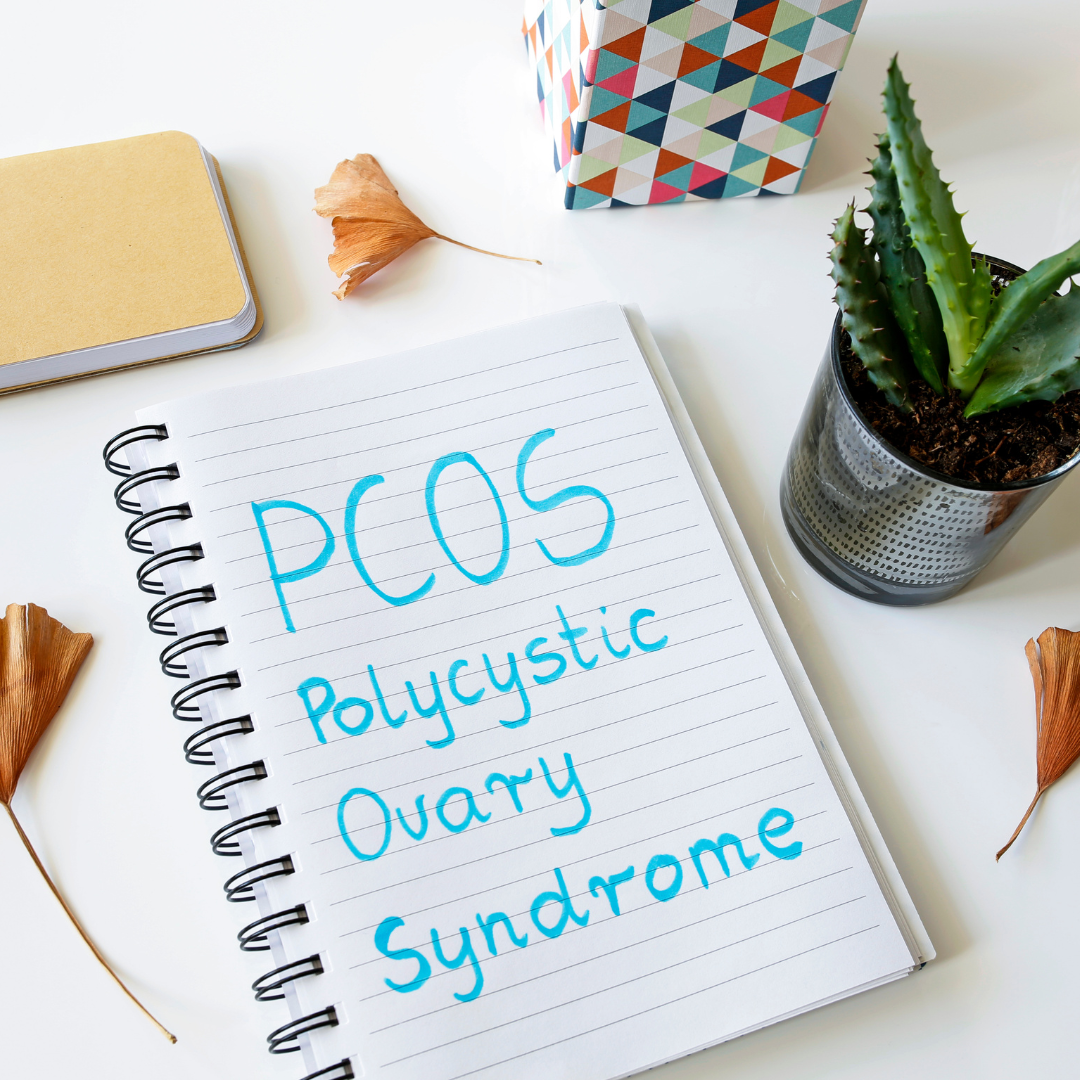Learn how chronic stress impacts your gut and why gut imbalances affect your mood, energy, and hormones. Discover the science—and how to start healing both.
Read MoreIf you’ve ever felt like your skin is betraying you — breaking out in cystic acne, flaring up with eczema, or reacting to everything you touch or eat — you’re not alone. And more importantly, you’re not broken.
Skin symptoms are never just surface-level.
They are signals — important messages from deeper systems in the body asking for support.
Hormonal imbalances are one of the most common obstacles to fertility, yet they’re often misunderstood or overlooked in conventional approaches.
Read MoreDid you know that ovulation is a sign of health + vitality? For women in their menstruating years, regular ovulation can be an encouraging sign of balanced hormones, cellular health + so much more. One of the best signs to assess ovulation + hormone balance is cervical mucus.
Read MoreThyroid hormones play a big role in getting pregnant + having a healthy pregnancy.
Like many of our hormones, thyroid levels are definitely a Goldilocks situation, we want levels to be just right.
The most common imbalance I see for women in their childbearing years is low thyroid hormone.
Read MorePCOS is one of the most common endocrine disorders in reproductive age women and is unquestionably on the rise in the Western world.
This is also one of the conditions I see women feel most confused about managing on their own, likely because it can impact multiple different body systems and keeping track of all the moving pieces to this condition can be absolutely exhausting.
Read More





